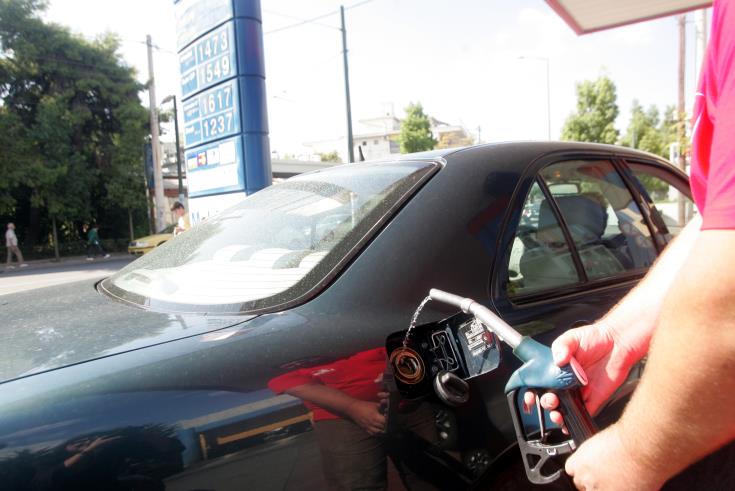After reaching an all-time high in the summer, fuel prices at petrol stations have subsided to levels before the war in Ukraine and sanctions on Russia, which catapulted energy costs.
Following this week’s reduction, prices are around 40 cents lower than prices recorded on 12 July, when they hit an all-time high, with diesel exceeding €2 per litre, Octane 95 was almost €1.90.
On Wednesday, 95 Octane petrol was sold at an average of €1.415 per litre, with some petrol stations in Nicosia selling it at €1.353.
The average diesel price was €1.623, with the cheapest offer found at two Fill N Go and one Petrolina station in Nicosia at €1.575.
Heating oil was selling at an average of €1.171.
Although fears that prices would exceed €2 a litre never came to fruition, the nightmare scenario was only pushed back by state intervention with the government reducing consumption taxes.
These reduced rates are valid until 15 January 2023, with a reduction of 7 cents per litre in the price of petrol, 8.3 cents for diesel and 6.4 cents for heating oil.
The government has yet to make its intentions known regarding whether it will extend the reduction.
Going back to the days before the Ukraine war, Cypriot motorists were paying €1.40 to €1.45 for a litre of diesel or Octane 95.
By July, the average price of 95-octane had shot up to €1.81 per litre, about 40 euro cents more than the current average price.
Prices reached a record high on 12 July, with Octane 95 sold just shy of €1.90 and Diesel exceeding the €2 barrier by a couple of cents.
Cypriot motorists, however, should not get their hopes up for more decreases, as forecasts predict that oil prices will fluctuate at around the same levels as those recorded before the war.
Investment Bank Goldman Sachs said recently that crude oil prices could even hit €110 a barrel. Crude oil on Wednesday was trading at €84 a barrel.
Meanwhile, the Central Bank of Cyprus said in its latest macroeconomic forecast for the economy that despite the continued decline in energy prices, disruptions in the supply chain of raw materials and goods continue to affect economic activity and contribute to rising prices.
Inflation is forecast to rise significantly to 8.1% from 2.3% in 2021.
As in previous forecasts, the CBC foresees a gradual normalisation of inflationary pressures in 2023-2025, with inflation reaching 3.3%, to 1.8%.










